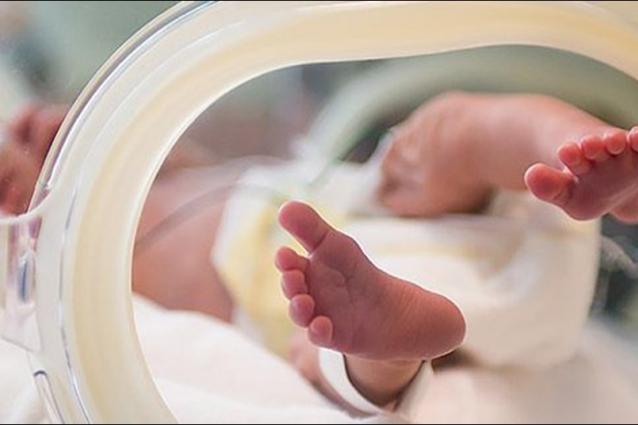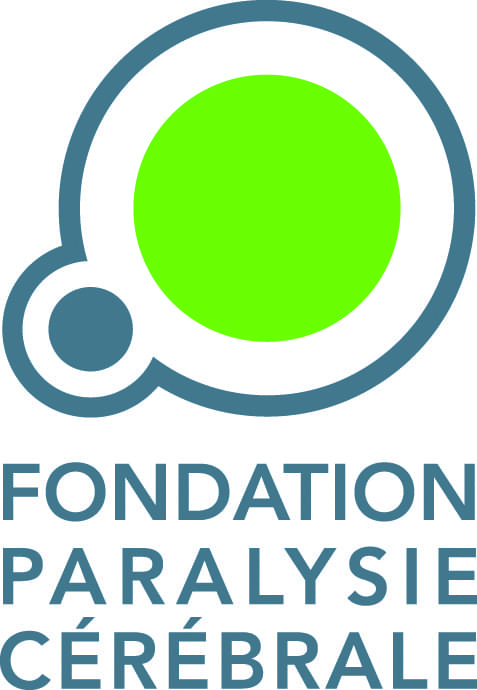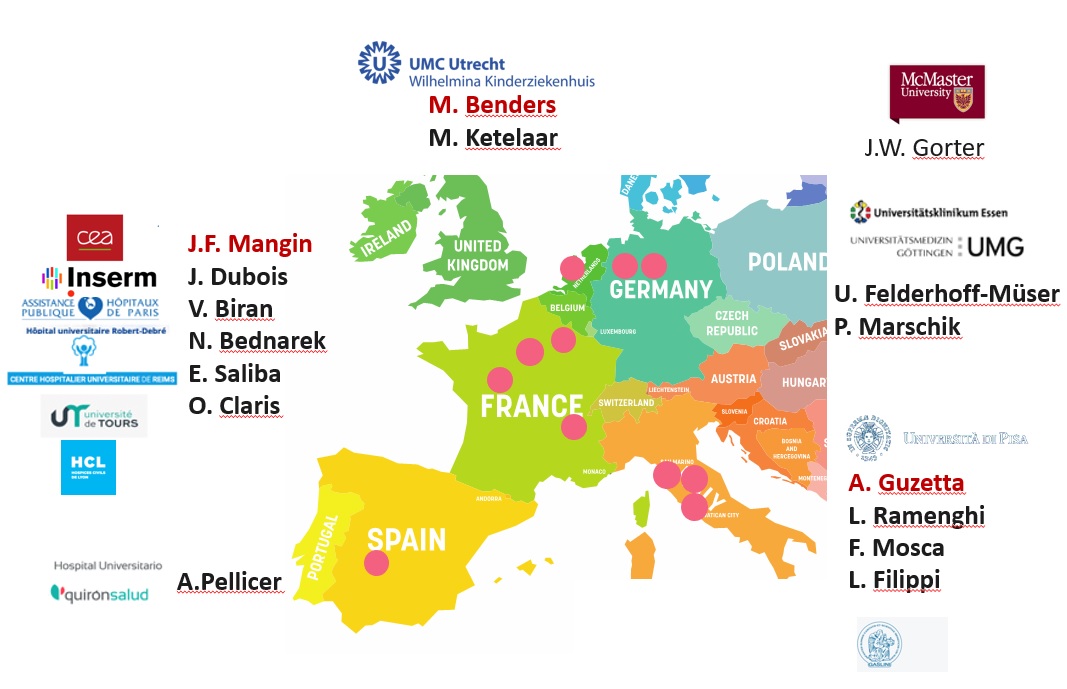The overall objective of the ENSEMBLE project is to improve the lives of children at high risk of developing cerebral palsy (PC) and their families through a partnership between researchers and families in Europe. This project will explore the role of early diagnosis tools through the following two main objectives:
1/ Improve CP early detection health programs by implementing international clinical practice recommendations, to reduce the age at diagnosis and the age of referral to CP-specific early intervention programs.
Coordinator : Pr Andrea Guzzetta (Italy)
Trainings/e-learning at the five neonatal centres in France and Italy and their correspondents (networking) will be set up to promote the implementation of international guidelines on early diagnosis, monitoring and intervention.
2/ Develop and evaluate a long-term motor and cognitive learning prediction model based on established clinical markers, including neonatal neuroimaging, neuro-monitoring and functional evaluations to enable earlier diagnosis of newborns at risk of CP, personalized intervention and to improve assessment of neuro-developmental prognosis (motor and cognitive)
Coordinator : Pr Manon Benders (Pays-Bas) and Jean-François Mangin (France)
For this purpose, 1000 newborns at risk of CP will be included in 8 clinical centers and monitored until the age of 2 years. Their perinatal clinical data will be collected, including EEG, MRI, General Movement Analysis (GMA) and Hammersmith Infant Neurological Examination (HINE), as well as motor and cognitive monitoring data. These data will allow for the creation of a large database allowing machine learning analyses and thus the determination of the predictive value of the data collected independently and in combination.
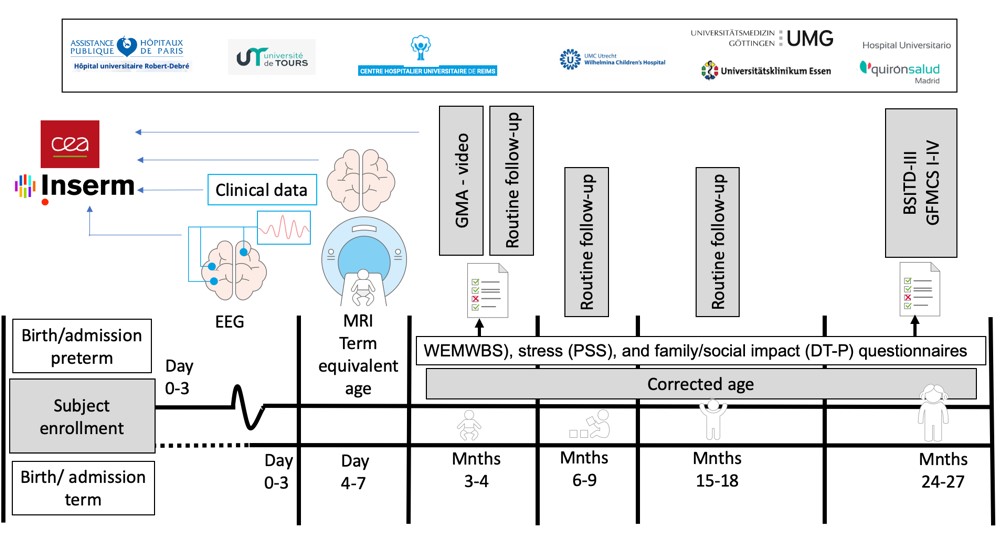
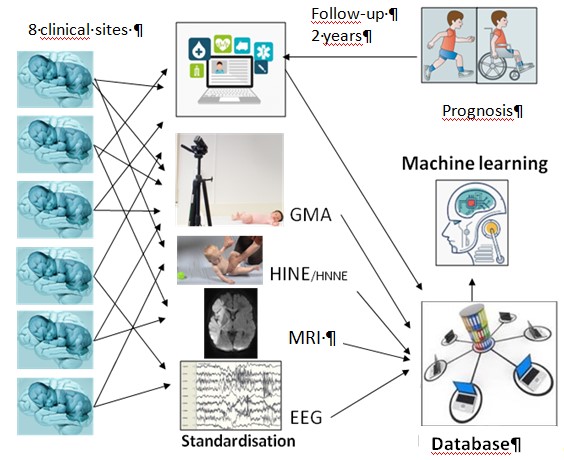
In addition, the project has a complementary objective
3/ Assess the impact of an early diagnosis of cerebral palsy on the psychological well-being of parents and how they manage their working lives, social relationships and the siblings of their child, as well as their ability to cope with the child’s problems (for example, pain, crying, difficulty sleeping and eating). Identify needs and preferences in the diagnosis announcement (significant information)
Head : Marjolijn Ketelaar (The Netherlands)
Families will be involved throughout the project through the establishment of a Family Advisory Council (FAC) with relays in each country. In particular, they will participate in the development of questionnaires and interviews on the impact of CP on parents and siblings.
